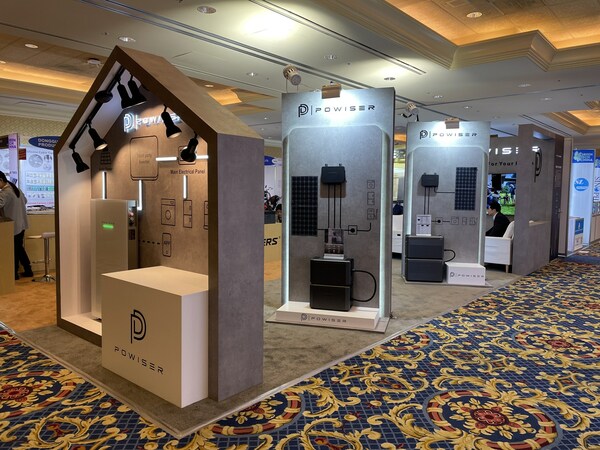As the world enters 2024, the retail landscape is undergoing a transformation, propelled by changes in consumer preferences and advancements in new technologies.
According to a recent IBM Institute for Business Value study today’s discerning shoppers expect a tailored shopping journey, complete with the convenience of product choices, detailed information, diverse payment methods and a seamless integration of in-store and online experiences that cater to their individual preferences.
Generative AI can help address these expectations, creating retail environments as intuitive and unified as they are finely tuned to individual needs. AI-driven solutions are at the heart of IBM’s offerings, focus, and solutions at NRF’24.
Consumers welcome AI-driven advancements to improve the retail experience
A global IBM Institute for Business Value study has laid bare the discrepancy between consumer expectations and the current state of retail offerings.
The “Revolutionise retail with AI everywhere: Consumers won’t wait” study, unveiled ahead of NRF, surveyed nearly 20,000 individuals worldwide, revealing dissatisfaction with retail experiences.
Just 9% of consumers surveyed said they are content with in-store shopping and just 14% are content with online shopping.
Technology could play an integral role in enhancing the overall shopping experience.
Most consumers (59%) surveyed said they would like to use AI applications as they shop and 4-in-5 consumers who haven’t used the technology for shopping reported being interested in trying it, including in product research (86%), deal hunting (79%) and customer service (82%).
Personalisation and targeted offerings present opportunities for retailers, with 52% of surveyed consumers interested in receiving information, advertisements, and offerings from stores that are relevant to their specific interests.
Still, there remains a clear satisfaction gap for current AI assistant users surveyed.
Only about one-third of consumers surveyed who have used virtual assistants are satisfied with the experience and nearly 20% were so disappointed that they don’t want to use virtual assistants again, signalling a mismatch between current tech offerings and shopper expectations.












